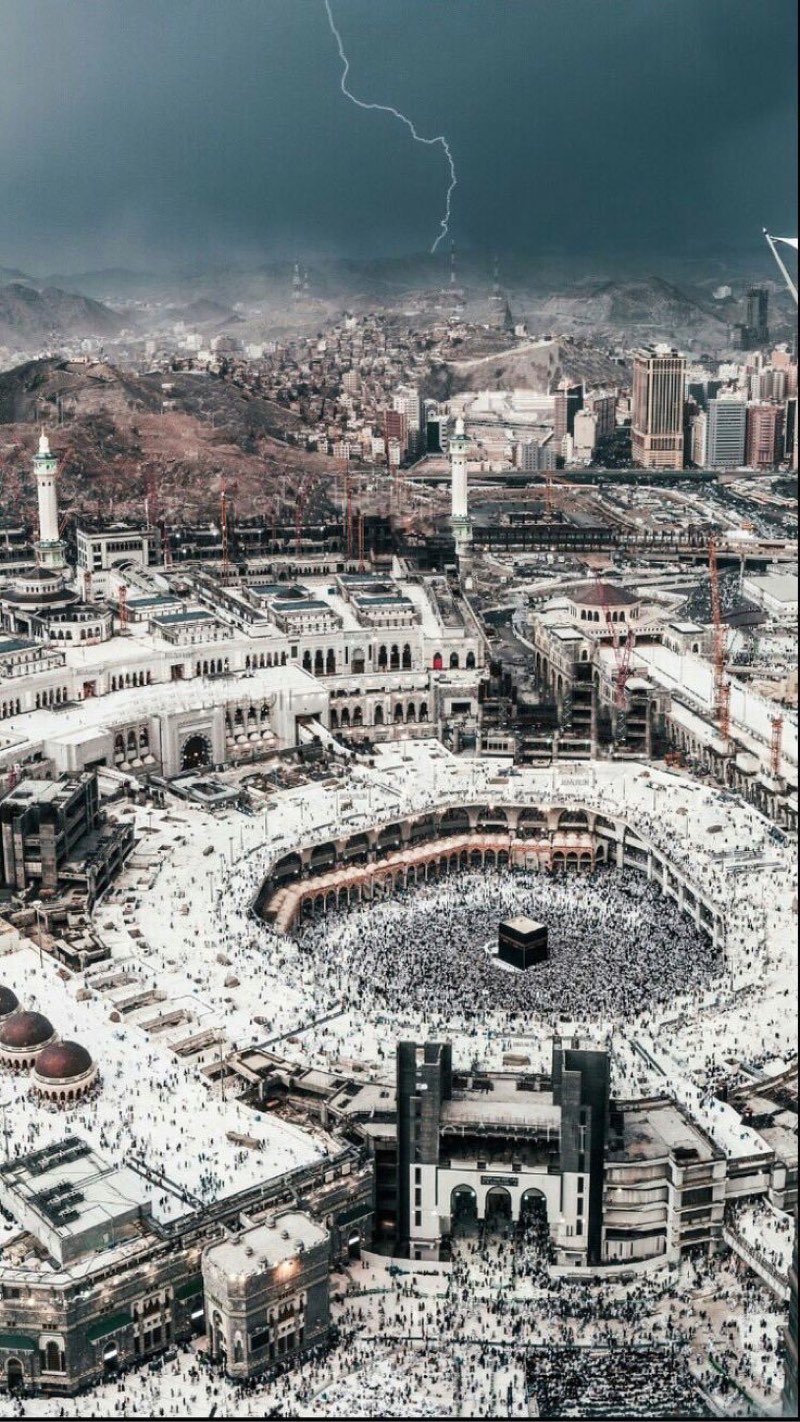What is the theological connection between the sacred land of Sham in Islam and the promised land referenced in the Torah, Genesis 15, verse 18?
The sacred land of Sham (often referred to as Greater Syria, encompassing modern-day Syria, Lebanon, Jordan, and Palestine) holds significant theological importance in Islam, and there are interesting connections to the promised land referenced in Genesis 15, verse 18, in the Torah and the Bible.
1. Sacred Land in Islam:
Sham in Islamic Tradition: Sham is considered a blessed and sacred region in Islamic tradition. It is frequently mentioned in Hadith literature and is associated with numerous prophets, including Abraham, Moses, and Jesus. The Prophet Muhammad is reported to have said that blessings are found in Sham and that it will be a place of safety and faith.
Historical Significance: Sham is home to many significant Islamic historical sites, including the Al-Aqsa Mosque in Jerusalem, which is the third holiest site in Islam.
2. Promised Land in the Torah and the Bible:
Genesis 15, verse 18: In the Bible, Genesis 15, verse 18, states, "On that day the Lord made a covenant with Abram and said, 'To your descendants I give this land, from the Wadi of Egypt to the great river, the Euphrates.'" This covenant is seen as the promise of a specific territory to the descendants of Abraham.
Geographical Scope: The land promised in Genesis is often understood to encompass parts of modern-day Israel, Palestine, Lebanon, Jordan, and Syria, which overlaps significantly with the region known as Sham.
3. Theological Connections:
Common Ancestry: Both Islamic and Judeo-Christian traditions trace their spiritual lineage to Abraham (Ibrahim in Islam), making the lands associated with him significant in both religions.
Shared Sacred Geography: The overlapping geographical regions underscore a shared sacred geography, with both traditions venerating places like Jerusalem and considering them central to their faith narratives.
Prophetic Tradition: In Islam, many of the prophets who are also revered in Judaism and Christianity are believed to have lived or traveled through Sham, further intertwining the religious significance of the region.
4. Interfaith Perspectives:
Covenantal Promises: The concept of a promised land is a foundational element in Judaism and Christianity, while Islam emphasizes the sanctity and blessing of the land of Sham. Both perspectives highlight the importance of the region in God's plan for humanity.
Spiritual Significance: For Muslims, Sham is seen as a land of great spiritual significance, while for Jews and Christians, the promised land represents the fulfillment of God's covenant with Abraham.
In summary, the sacred land of Sham in Islam and the promised land referenced in Genesis 15, verse 18, share deep theological connections rooted in the common ancestry of Abraham, the overlapping sacred geography, and the profound spiritual significance attributed to these regions in both Islamic and Judeo-Christian traditions.

